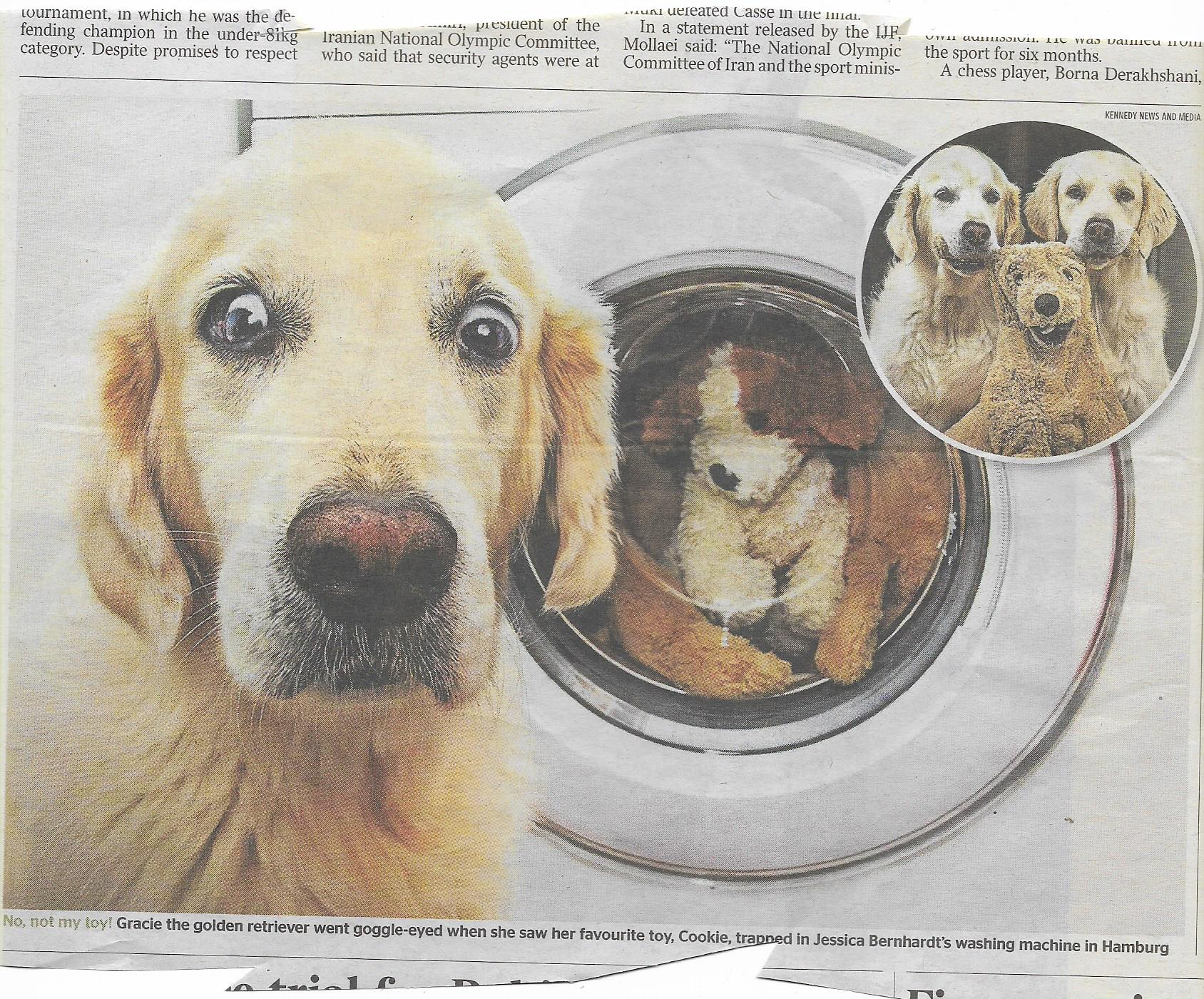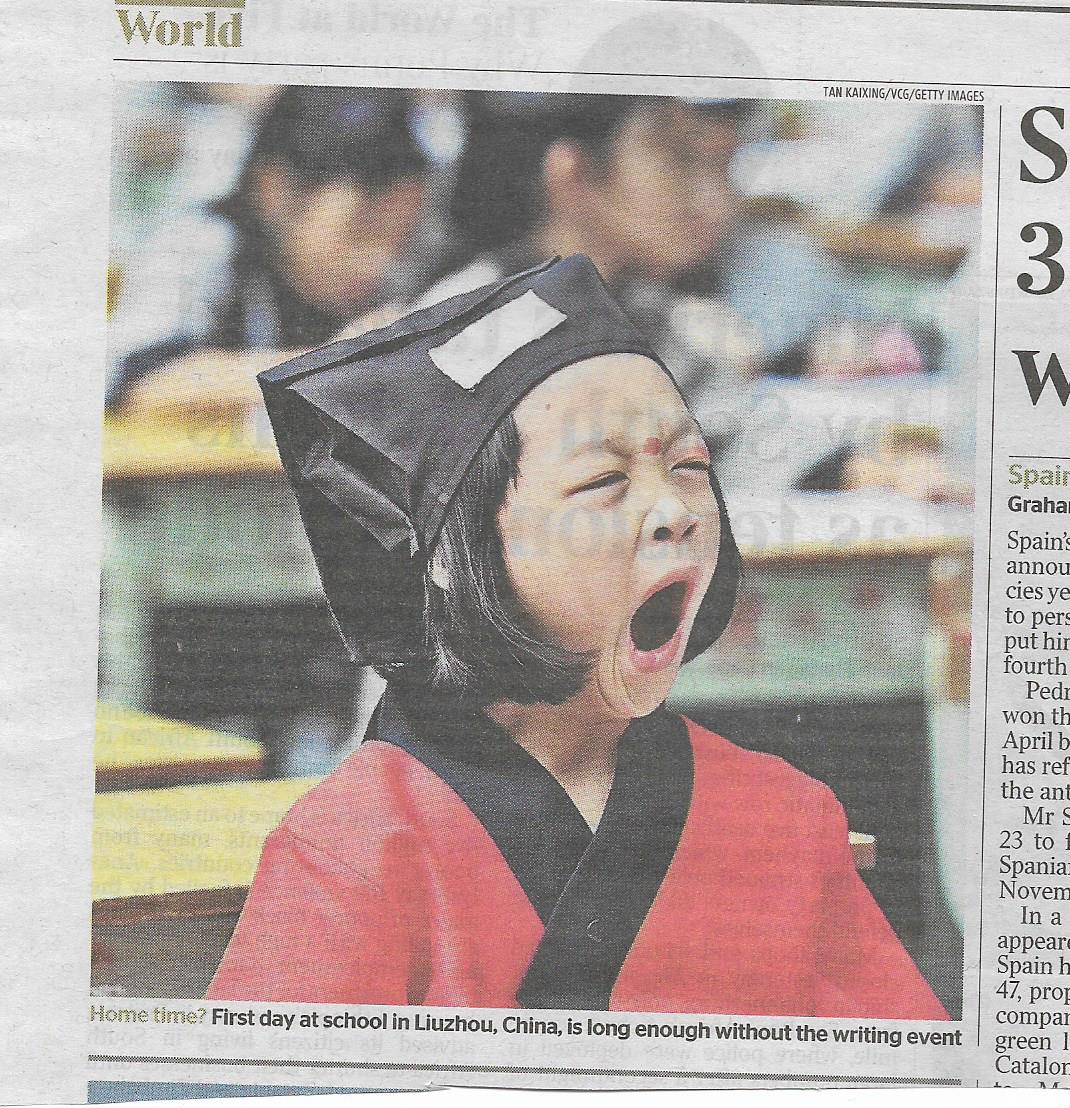i newspaper special, September 25, 2019

The past tense of ‘to spring’ is ‘sprang’. ‘Sprung’ is the past participle, used with versions of ‘have’: ‘the flower has/had/will have sprung.’ These things are not regular and I drew up a handy chart on here a while ago. I will try to dig it out. Meanwhile Yasmin Alibhai-Brown writes:

From Style Matters:
flaunt/flout: To flaunt is to display ostentatiously; to flout is treat with contempt (usually in the sense of breaking rules). And:
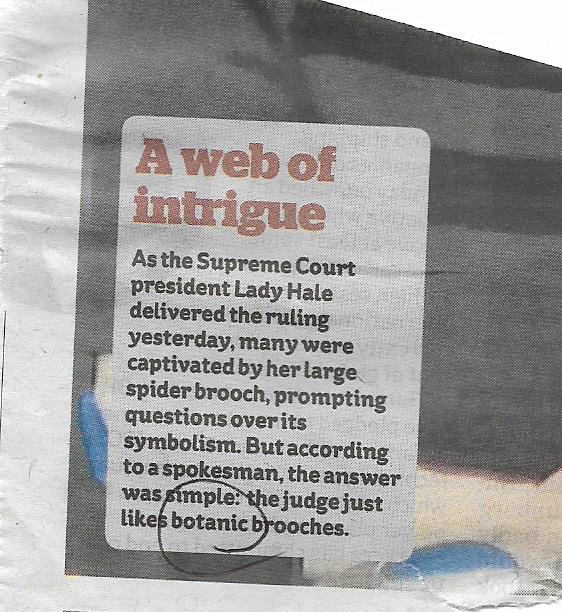
Nice heading, but ruined by the usual ignorance about the natural world: ‘botanic’ refers to plants. The equivalent for animals would, I suppose, be ‘zoological’. I dare say the person who wrote the caption thinks this is pedantic. It isn’t.
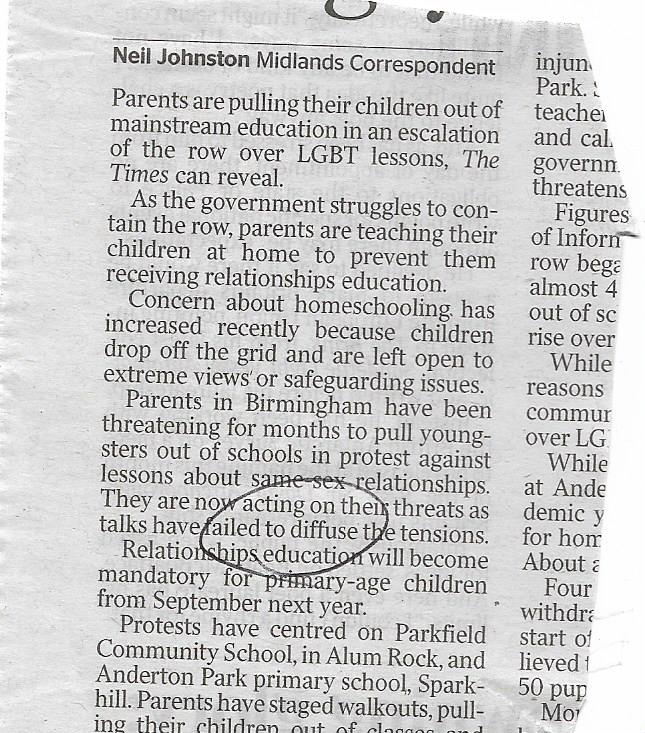 The Times, September 21, 2019
The Times, September 21, 2019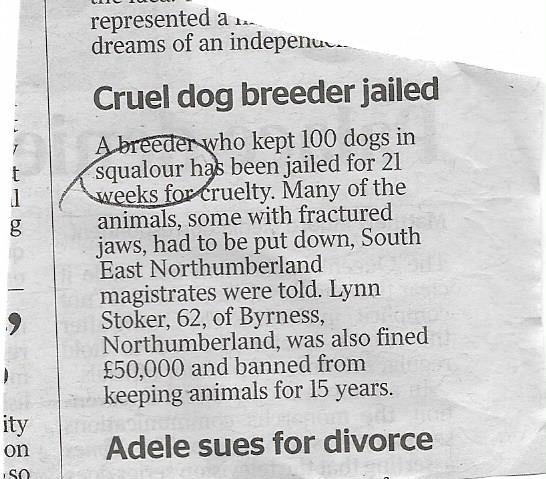 The Times, September 14, 2019
The Times, September 14, 2019 The Times, September 13, 2019
The Times, September 13, 2019
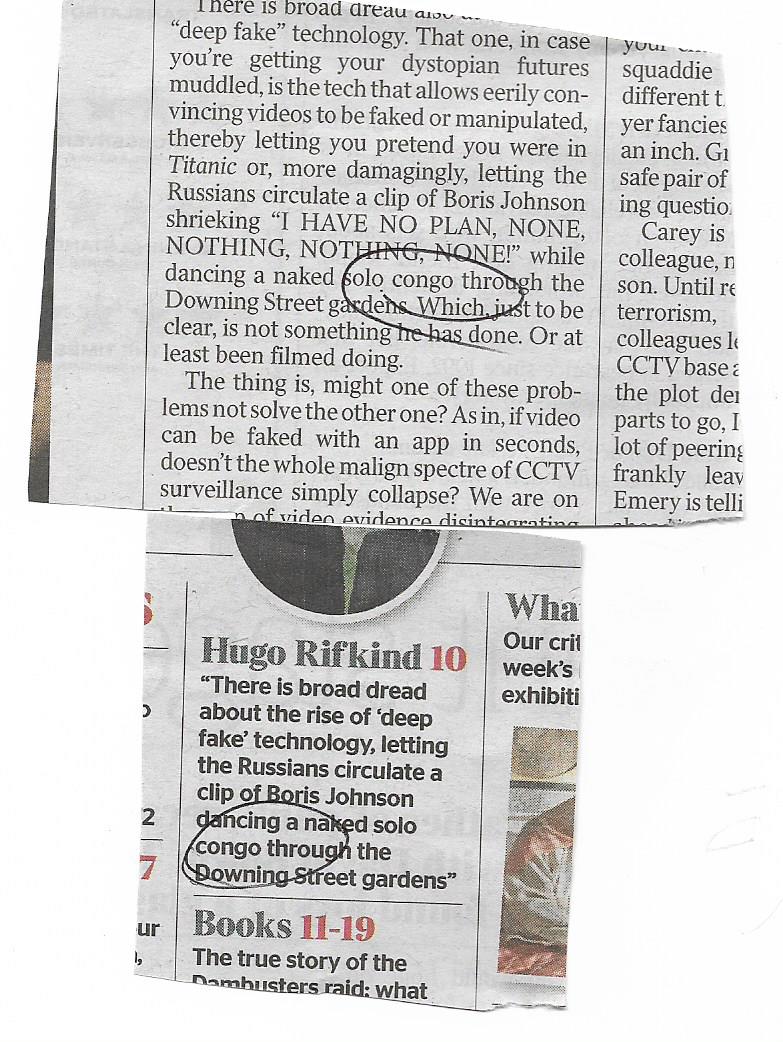 The Times, September 7, 2019
The Times, September 7, 2019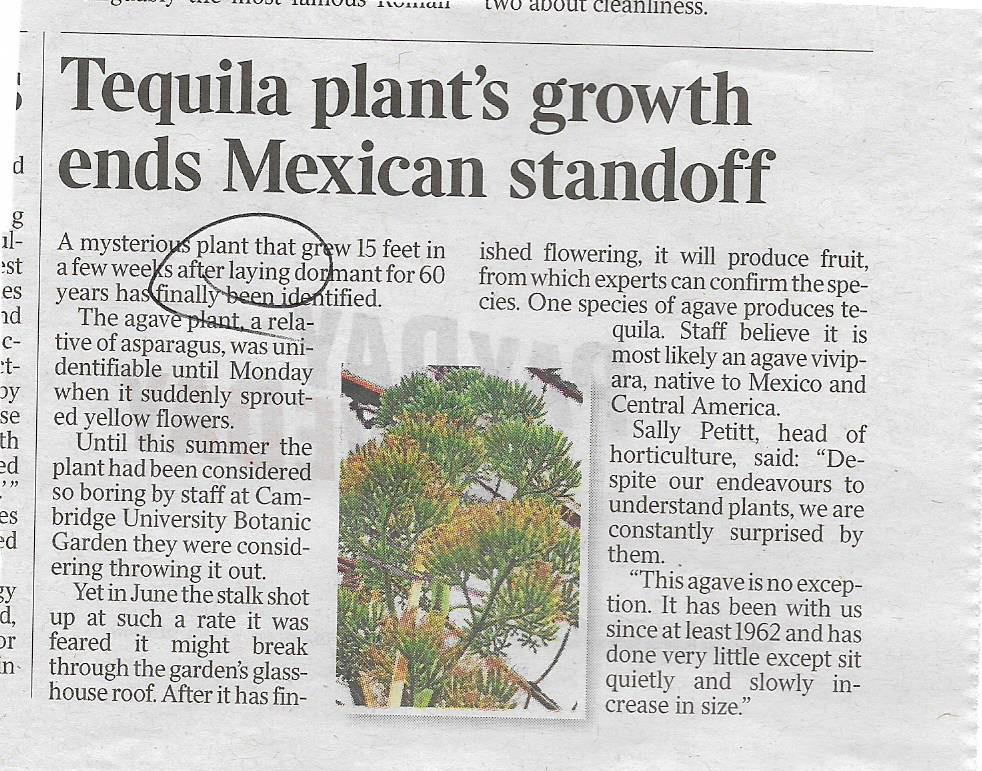 The Times, September 11, 2019
The Times, September 11, 2019